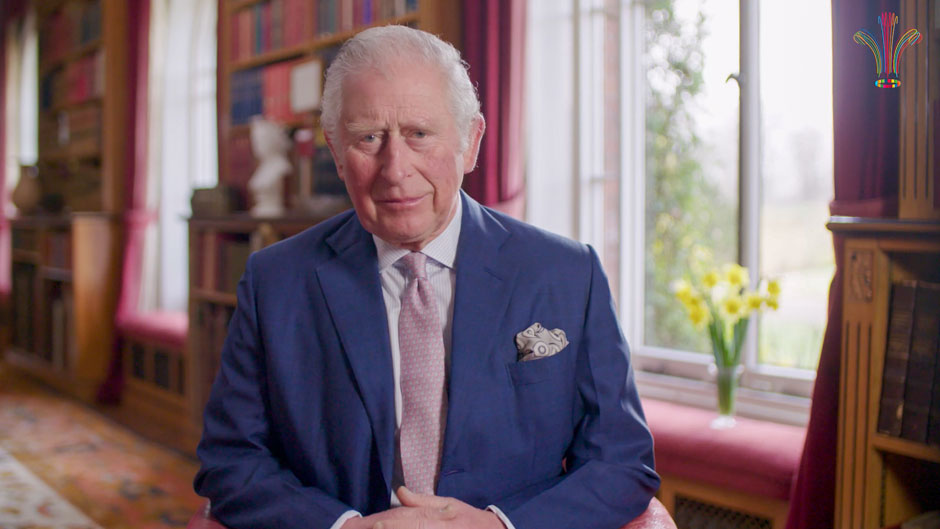The fourth annual CSO Summit, a virtual full-day conference hosted on March 24 by the University of Miami Patti and Allan Herbert Business School, convened chief sustainability officers (CSOs) from a cross section of industries and countries to share their experience promoting sustainability in the field with faculty developing research that likewise supports a more planet-friendly business culture.
Prince Charles, the heir to the British throne who for decades has been an advocate for environmental concerns, delivered a five-point road map to conference attendees during a nine-minute address.
“The private sector has a crucial role to play in delivering the solutions we so desperately need for nature, people, and planet, but no industry or business can do it alone,” said Prince Charles. He urged leaders to work innovatively and collaboratively “to unlock the huge and significant opportunity afforded by a sustainable future—the growth story of our time.”
“The CSO Summit grows stronger in content and impact every year,” noted Dean John Quelch. “To reach a level of importance that it can now draw attention from Prince Charles is a testimony to Daniel Hicks and David Kelly, the faculty organizers and architects of our unique program.” (Story continues below video.)
A CSO, or other similarly titled executive, is responsible for advancing an organization's objectives and initiatives relating to sustainability in a way that increases the long-run value of the firm and its stakeholders.
David Kelly, economics professor and co-chair of the sustainable business research cluster at the Miami Herbert Business School, emphasized that the University’s M.S. in sustainable business degree program and the conference aim to create a “two-way street” for academic researchers and practitioners to promote business sustainability.
In their session, Kelly and Esteban Petruzzello, a health economist and professor in the program, explored research trends in the relatively new field of sustainability.
They highlighted new research on types of pollution and the impact on health outcomes; strategies for businesses to prepare for and mitigate crises related to climate, extreme weather, and natural disasters; and ideas for leaders to attract both employees passionate about issues and socially conscious investors.
Kelly noted that sustainability-focused businesses—because of their long-term focus on innovation and concern for people and planet in addition to profitability—are more productive, less susceptible to reputation risk, and geared to succeed over time.
“A single environment crisis can disrupt your entire business, but if you spread out your supply chain, paying attention to sustainability practices, then you’re reducing your risks and are better able to weather the crisis,” Kelly said, citing new research.
Economics professor Daniel Hicks moderated the virtual symposium that included CSOs from Perry Ellis International, Carnival Corporation, S&P Global, TD Bank Group, Players for the Planet, and Include Venture Partners, among others.
Teddy Lhoutellier, the University’s sustainability manager who participated in the career connection session, noted the growing importance of the school’s sustainability program, launched in 2019.
“Today, the graduate program is getting national and international recognition, and the CSO Summit is getting bigger every year,” Lhoutellier said. “I hope our students got good counsel out of our session that will lead them to their dream job when they graduate.”
In another session, Thomas Rivett-Carnac, founder of Global Optimism and a major contributor to the Paris Agreement, the 2016 international accord on climate change, discussed the issues and possibilities for the upcoming 2021 United Nations Climate Change Conference in Glasgow, Scotland.
“This is a critical year and the most critical of decades that we’ve ever faced,” said Rivett-Carnac. “Unless we reduce carbon emissions by 50 percent in the next 10 years, we’re facing a dire global scenario, yet all the stars are in our favor—we have to make it count.”

